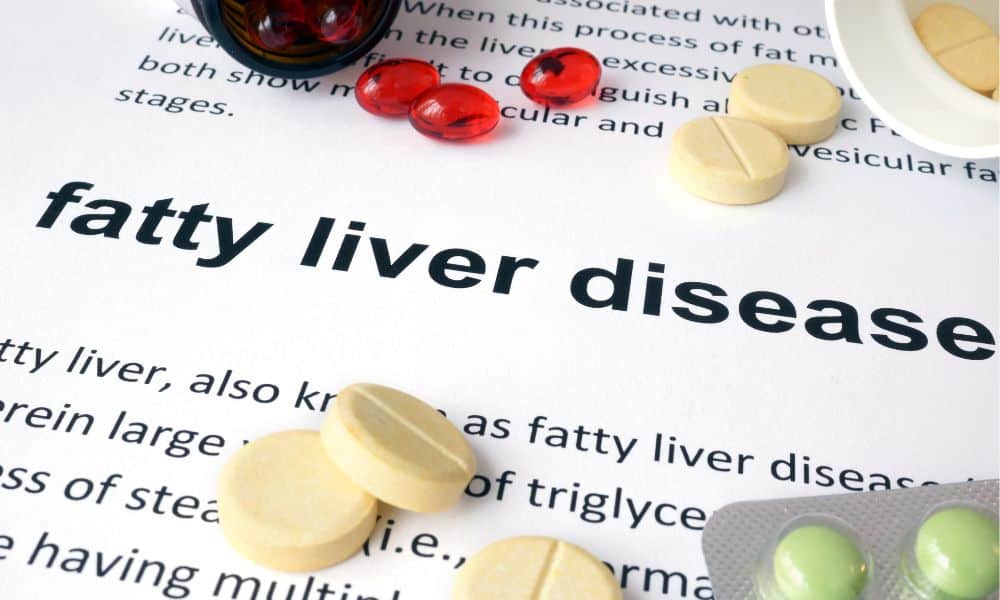Recovery is an essential part of any fitness journey. After intense workouts, your muscles need time to repair and rebuild. The best self-care practices for muscle recovery help your body heal, prevent injury, improve performance, and enhance long-term results. Incorporating stretching, hydration, nutrition, and relaxation techniques into your routine will ensure faster, more effective recovery. Let’s explore the top practices that can boost muscle recovery and keep you moving toward your fitness goals.
How Stretching Enhances Recovery and Flexibility
Stretching is a vital self-care practice that enhances both flexibility and recovery. It reduces muscle stiffness, improves blood circulation, and increases your range of motion, which is crucial for reducing soreness and preventing injury.
- Dynamic stretching before a workout prepares your muscles for physical exertion, increasing flexibility and reducing the risk of strains.
- Static stretching after a workout helps relax your muscles, release tension, and improve blood flow, speeding up recovery.
Incorporating stretching into your fitness routine ensures your muscles recover faster and more effectively. Aim for 10–15 minutes of stretching post-workout for the best results.
Hydration and Nutrition: Fueling Recovery
Hydration and nutrition play a critical role in muscle recovery. Your muscles can’t repair themselves as efficiently without proper fuel and hydration. Here are key tips to keep your body nourished and hydrated for optimal recovery:
- Hydration: Drinking enough water helps flush toxins from your system and maintains the elasticity of muscle tissues, reducing the risk of cramps and soreness. Aim for at least 8–10 glasses of water daily and more on workout days.
- Post-workout nutrition: Your muscles need protein to repair and rebuild after an intense workout. A protein-rich meal or shake within 30 minutes to an hour post-workout ensures your muscles get the necessary nutrients. Pair protein with complex carbohydrates (e.g., whole grains, sweet potatoes) to replenish glycogen stores and promote faster recovery.
Adding anti-inflammatory foods like berries, spinach, and nuts can also help reduce muscle soreness and promote faster healing.
Relaxation Techniques for Faster Recovery
Beyond physical practices like stretching and proper nutrition, relaxation plays a crucial role in muscle recovery. When stressed, your body produces cortisol, a hormone that can delay muscle recovery and hinder progress. Incorporating relaxation techniques into your routine can counteract this effect and boost recovery.
- Foam rolling: This self-myofascial release technique helps break up knots and tight spots in your muscles, increasing blood flow and reducing soreness.
- Massage: Regular massages help loosen tight muscles, reduce inflammation, and promote overall relaxation, leading to faster recovery.
- Yoga and meditation: Gentle yoga stretches and mindfulness meditation reduce physical tension and calm your mind, lowering stress and promoting a holistic recovery.
By relaxing and unwinding, you help your body recover physically and mentally, setting the stage for better performance in your next workout.
How to Use Restorative Sleep for Muscle Growth
Sleep is one of the most underrated but essential self-care practices for muscle recovery. During deep sleep, your body releases growth hormones crucial for repairing muscle tissue. Without adequate sleep, your body doesn’t get the chance to recover fully, leading to fatigue, soreness, and even injury over time.
Here’s how to optimize your sleep for recovery:
- Prioritize 7–9 hours of sleep per night: This ensures that your body has enough time to go through all sleep cycles, including the deep sleep stage, where most muscle repair occurs.
- Create a relaxing sleep environment: Keep your room quiet and cool to improve sleep quality. Avoid caffeine and electronics before bed to ensure you fall asleep faster and stay asleep longer.
- Stick to a consistent sleep schedule: Going to bed and waking up at the same time every day helps regulate your body’s internal clock, making it easier to get restorative sleep consistently.
Good sleep habits will improve muscle recovery and boost your overall energy and mood, helping you stay motivated throughout your fitness journey.
Key Takeaways for Building Recovery into Your Fitness Routine
Incorporating the best self-care practices for muscle recovery into your fitness routine ensures that your body heals properly and performs at its best. Here’s how to implement these practices:
- Stretch regularly: Add dynamic stretching before workouts and static stretching afterward to improve flexibility and reduce soreness.
- Stay hydrated: Drink plenty of water throughout the day, especially after intense exercise, to support muscle recovery and prevent cramps.
- Eat for recovery: Focus on protein-rich foods and anti-inflammatory ingredients to speed up muscle repair and reduce soreness.
- Prioritize relaxation: Use foam rolling, massage, and yoga to release muscle tension and promote faster recovery.
- Get quality sleep: Aim for 7–9 hours each night to allow your body to repair muscle tissue and prepare for your next workout.
By making these practices part of your routine, you’ll recover faster, prevent injury, and see better results from your workouts. Remember, recovery is just as important as your workouts, so take care of your body, and it will reward you with improved strength, performance, and overall fitness.



